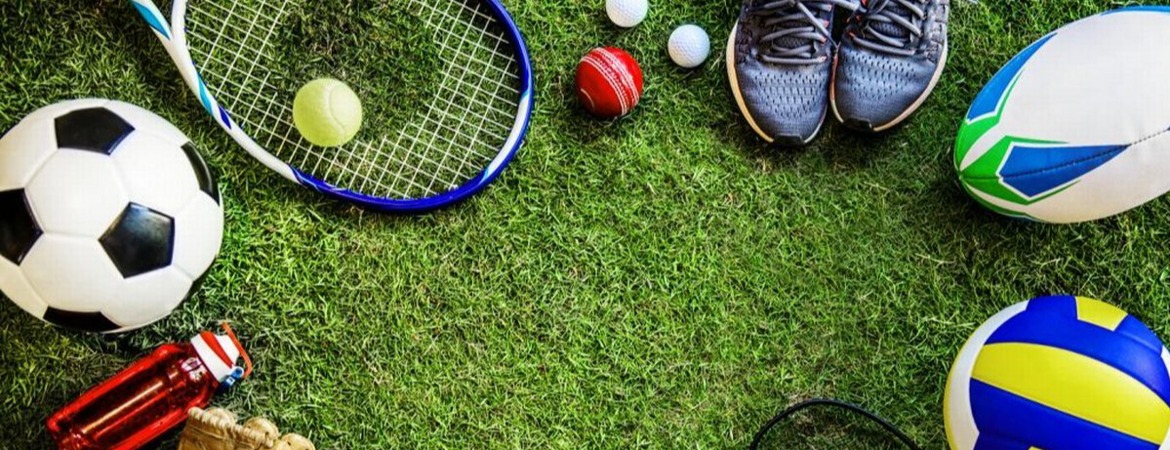Physical Education GCSE Options Information
What is the main aim of the course?
The aim of the course is to develop knowledge in the key body systems, movement analysis, sports psychology, and sociology in preparation for a career in the Sports Industry. As well as this, students will develop skills and tactical knowledge in a range of team and individual sports.
What will you learn?
Students will learn seven key units/areas;
Health, Fitness and Well-being: Students will learn what "Health" and "Fitness" are and ways in which we can ensure we remain healthy. This will include looking at nutrition and lifestyles, and their affect on health.
Key Body Systems: In this unit students will look at the anatomy and physiology of the human body, and how each system adapts to short term and long term participation in sport.
Physical Training: Here students will learn about how we train, why we train, the different methods of training that we can use, and the principles of training that we apply in order to ensure training is effective.
Use of Data: Students will learn how to interpret data about an individual's fitness.
Sport Psychology: This unit will look at how the mind works before, during and after participating in sport, and how we can use this to our advantage to improve performance.
Socio-cultural Influences: There are many influences on the sports we play, and why we choose them. This unit will look at some of these factors.
Movement Analysis: Here students will learn how to analyse the movements within a sport, why they happen, and how to describe them.
How is the course assessed?
The course has 2 x 1 hour 15 minute exams which make up 60% of the final mark.
30% comes from assessment through three sports (1 team, 1 individual and 1 more of either).
10% of your grade is a coursework element - Performance Analysis.
How does this course connect to the world of work and allow students to reach ambitious destinations?
This course gives students a base knowledge in the sports industry, and how the body and mind of a sportsperson works. From here students can use this knowledge and, alongside further study in this field at W6 Sixth Form at SRWA or at university, and explore careers in such industries as;
- Physiotherapy
- Working within sports clubs as a sports scientist or sports psychologist
- Personal Trainer
- Nutritionist
These are just some of the careers available in one of the biggest industries in the world.
Who do you need to contact if you have any further questions about this course?
Mr R Bromley, rbromley@srwa.woodard.co.uk.



